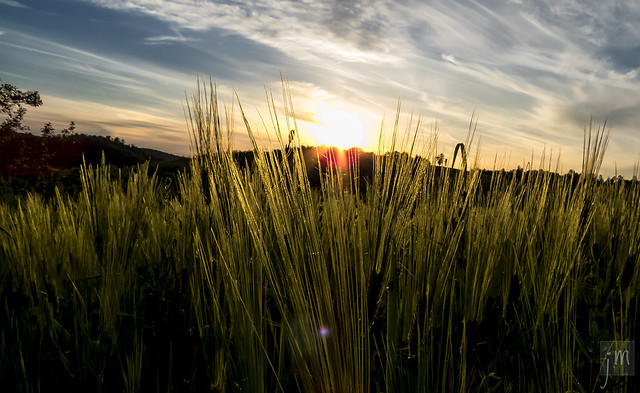 |
| Image by jovom via Flickr |
The World Health Organization recently stated that glyphosate -- the active ingredient in Roundup -- probably causes cancer. Food safety advocates have been pressing for mandatory labeling laws, and one would think that this announcement would put these laws on the fast track for approval.
Not so fast. In spite of this announcement, a bill known by critics as the DARK Act was re-introduced in Congress that would actually prohibit the state and federal governments from requiring GMO labels. Critics of the bill call it the Deny Americans the Right to Know or DARK Act because the proposed law would indeed leave consumers in the dark. Today Representative Mike Pompeo (R-KS) re-introduced the bill, officially called the Safe and Accurate Food Labeling Act,
With the news that a widely used weed-killer probably causes cancer, it is more important than ever for consumers to make informed choices about the food they put on the table. Labeling GMOs would give consumers an important decision-making tool.
There is a way to add your voice to this debate. The Environmental Working Group, Food Policy Action, and Just Label it have created a petition to stop the DARK Act. You can read about the petition and sign it here.
You can find out more about the DARK Act at the Environmental Working Group. At Food Policy Action, you can learn about this and other food policy issues.

